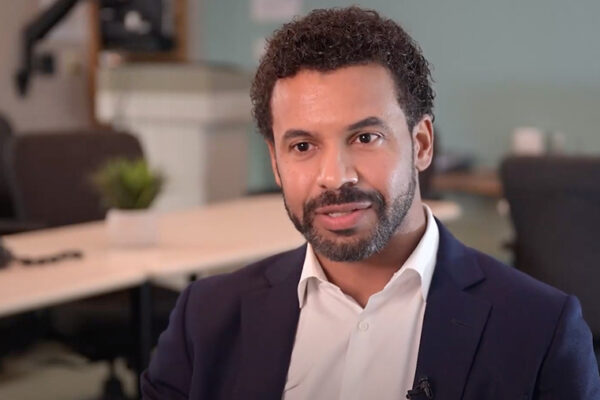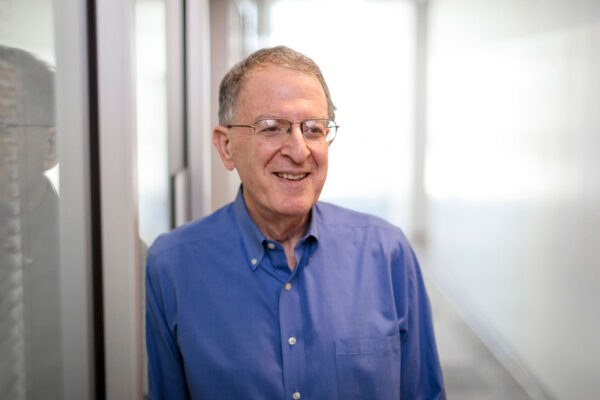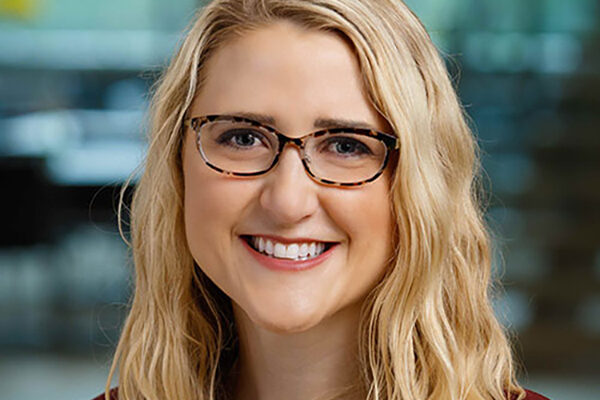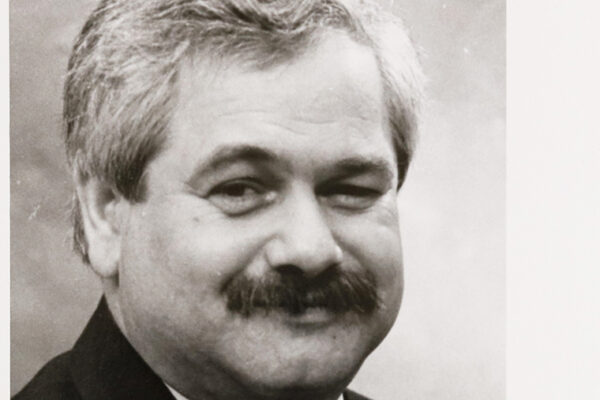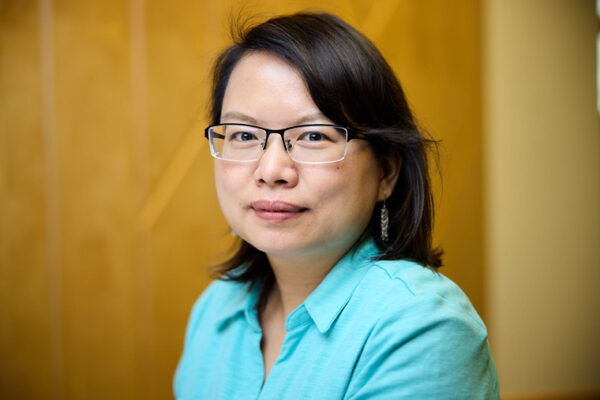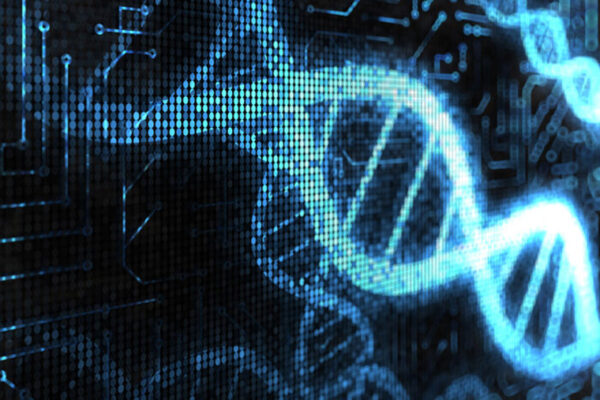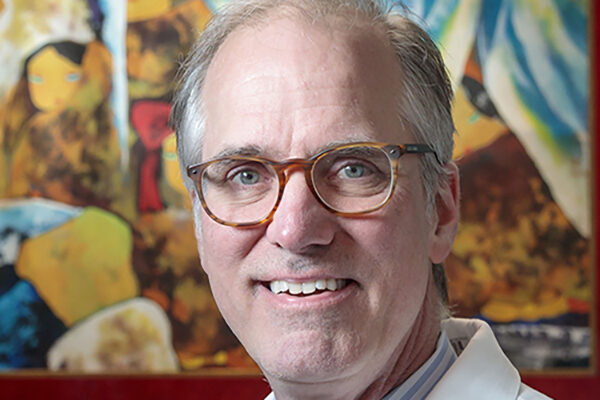Mamah receives mental health award
Daniel Mamah, MD, associate professor of psychiatry at Washington University School of Medicine, has received the 2021 Dr. John M. Anderson Excellence in Mental Health Award from the St. Louis County Children’s Service Fund, in partnership with The St. Louis American Foundation.
Gordon receives Balzan Prize
Jeffrey I. Gordon, MD, at Washington University School of Medicine, is a recipient of this year’s Balzan Prize for his role in founding the field of human gut microbiome research and revolutionizing the understanding of gut microbes and their roles in human health and disease.
Yoo wins research grants
Andrew Yoo, associate professor of developmental biology at the School of Medicine, has received two research grants for work on Alzheimer’s disease and neurodegenerative pathways.
Bergom elected councilor-at-large for radiation society
Carmen R. Bergom, MD, PhD, associate professor of radiation oncology at Washington University School of Medicine, has been elected to a three-year term as a councilor-at-large for the Radiation Research Society.
Allen Sclaroff, professor of clinical otolaryngology, 75
Allen Sclaroff, DDS, professor of clinical otolaryngology at Washington University School of Medicine, died Aug. 18 in St. Louis, following complications of multiple myeloma. He was 75.
‘First-in-class’ tool for potential treatment of brain disorders
Biomedical engineer Hong Chen at the McKelvey School of Engineering will use a $2.1 million grant from the National Institutes of Health (NIH) to find noninvasive tools to treat the brain.
$7 million to support research into how human genome works
Washington University School of Medicine will serve as the data and administrative coordinating center for a national effort to investigate how variations in the human genome sequence affect how the genome functions. Such information is critical for understanding human health and diseases.
Who’s in cognitive control?
A new study into cognitive control from the lab of Todd Braver promises to be the first of many aimed at understanding its origins in the brain and its variations between people and among groups.
Michalski elected president-elect of radiation oncology society
Jeff M. Michalski, MD, the Carlos A. Perez Distinguished Professor and vice chair and director of clinical programs in the Department of Radiation Oncology at the School of Medicine, has been elected president-elect of the American Society for Radiation Oncology board of directors.
Researcher wins NIH grant
Janice L. Robertson, assistant professor of biochemistry and molecular biophysics at the School of Medicine, received a four-year $1.39 million renewal grant from the National Institute of General Medical Sciences of the National Institutes of Health (NIH) for her research titled “Driving forces of membrane protein assembly in membranes.”
Older Stories
